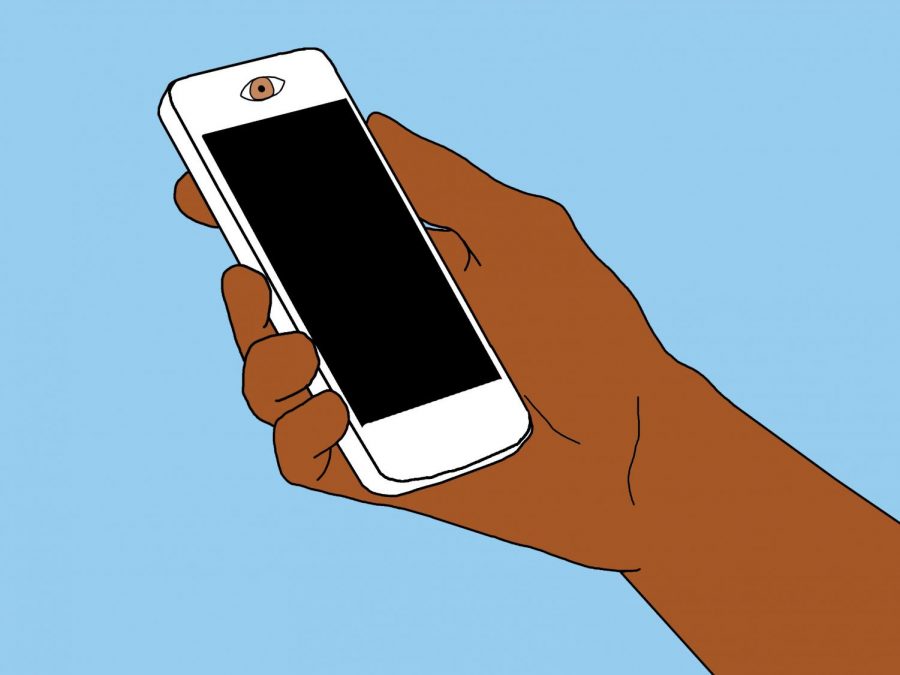Think your data is safe? Think again
April 5, 2018
You live your entire life online, sharing your every moment through Snapchat, Instagram and Facebook, and telling your every thought through Twitter. It’s a good way to get to know someone, but if you knew just how good, you might be scared.
This isn’t about how the internet is immortal, which it is, beware. This is about just how much information about you I, or anyone else for that matter, can pull from your digital footprint. You need to know about what you lose when you sacrifice your privacy.
So let’s talk privacy–and before I truly start, just a word of warning: some of you won’t get it. You won’t understand how data collection can be a gross abuse of personal privacy. You won’t be able to understand just how deep and horrifying this issue is. And some of you, well, some of you just won’t care.
In the interest of transparency, I admit that I used to belong to a demographic that was complacent, possibly even idealistic about the collection of my personal data.
I was excited and interested in its applications; how could this seemingly simple practice make my life easier and better?
The answer is a multitude of ways; from texting to shopping, browsing the web to enjoying video content. The wide berth of things that data can be used to optimize and streamline is seemingly endless.
Right now, however, the most obvious, and perhaps most profitable of these applications is targeted advertising. If you have ever shopped online at Amazon or even merely searched for a product on Google and then later seen a related advertisement on the top, bottom, left or right of your webpage, that isn’t a coincidence, it’s big data.
Most of you are probably already familiar with the concept of “free” services. If the service you are using is A) not a public service (because then it really isn’t free) and B) of no cost to you, then more than likely, the product is you.
Before the advent of targeted advertising and data collection, the only profitable aspect of the “free” scheme was the sale of advertising slots in apps, television and publications. However, once websites and companies realized they could profit from the placement of tracking “cookies” and the aggregation and analysis of data from those cookies, they gave a new meaning to you being the product.
Now, everything about you is for sale, and for the most part it’s completely legal. Your name, phone number, email address, home address, interests, hobbies, even your medical history, spending habits and relative income level.
Before, the internet companies used to buy and sell ad space in your favorite magazines, TV stations and other such spaces and then pray that you end up seeing it, let alone desire and end up purchasing the product they are peddling.
But today they already know what you read, what you watch and where you watch it. They know what it is that you want, what you might want and whether or not you can afford it.
Now companies can buy ad space in the back of your mind, rather than the back of your magazine. Worth thinking about next time you search for something on the internet.









Brady • Apr 6, 2018 at 10:18 am
Brennnnnan. UW